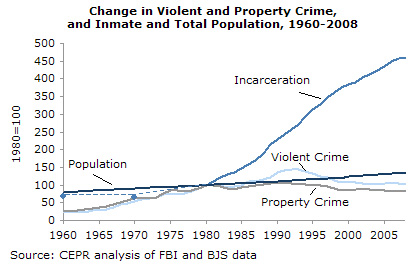Apparently the Bill and Melinda Gates Foundation gave more money to ALEC than Pepsi, Coke, Kraft, and Intuit combined, but no more. Who’s next?
Jessica Pieklo wrote yesterday for care2, Bill And Melinda Gates Dump ALEC,
The Bill and Melinda Gates Foundation became the latest high profile backer of the conservative American Legislative Exchange Council to withdraw financial support after pressure from groups opposed to ALEC’s support of “stand your ground” laws and Voter ID.
And private prisons, such as the one CCA wanted to build in Lowndes County, and “anti-immigrant” bills that creat many new crimes to fill those private prisons. And charter schools, such as the referendum for charter school tax credits on the ballot in Georgia in November. Some of our local “white fathers” pushed school consolidation a few months ago and charter schools are yet another attack on public education, backed by ALEC.
Roll Call reports that a foundation spokesperson said it does not plan to make any future grants to the organization. The Bill and Melinda Gates Foundation contributed more than $375,000 to ALEC in the past two years.
Meanwhile, according to ALEC Watch:
ALEC’s more than three hundred corporate sponsors pay annual membership dues ranging from $5,000 to $50,000 to advance their agendas, plus additional fees of $1,500 to $5,000 a year to participate in ALEC’s various task forces, where, according to an ALEC publication, “legislators welcome their private-sector counterparts to the table as equals.”
That’s the very model of a bad public-private partnership and crony capitalism. (More detail by ALEC Exposed.)
So what excuse does the Bill and Melinda Gates Foundation have? Jessica Pieklo’s article says:
Continue reading









